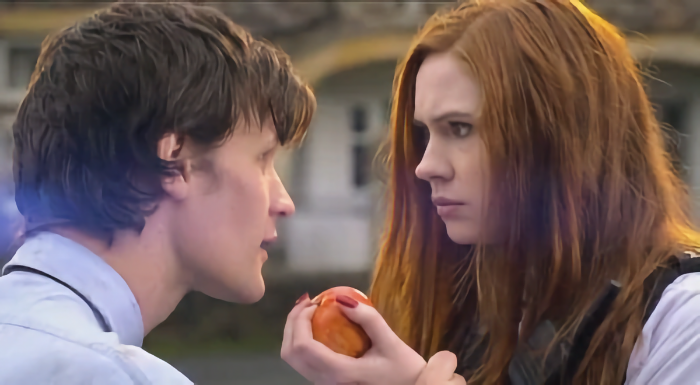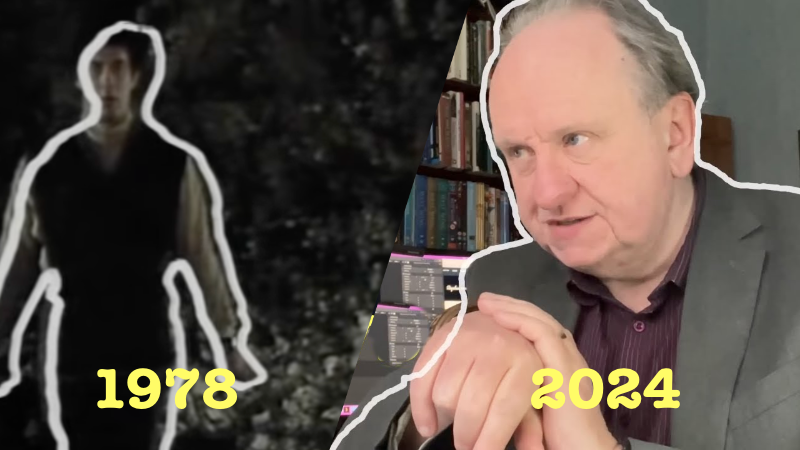If there were ever a time when I had a chance of being profound, I would have expected it to be this week. For in the past seven days, I have spent some ten hours driving, clocking up hundreds of miles, from early morning to actually rather early the next mornings, with all that opportunity for thought and reflection.
Didn’t come up with a single thing.
Not one sausage.
But I would like to tell you about something I did up with this week when I was out of the car, when there was no time for thinking, no time for reflection, and when I just had to get on with it. You look like you’re the same as me: hours of thinking might not get us anywhere concrete, but two minutes’ notice will.
I also have a feeling that you and I are both thinking of the phrase that necessity is the mother of invention, but unfortunately we’re writers so we’re not allowed to use cliches or overly familiar phrases. Not so much.
So anyway, one of the places I drove to was a school where I was to be a visiting author and run some workshops. I don’t do this regularly, but I do it quite often and, very broadly, the whole day could be a show. It’s not as if I’ve scripted it, but then equally I would never waste someone’s time by going in without a plan. Plus, over time, you do learn which ideas tend to work. You get to know which jokes and even what apparent ad libs or seemingly unconscious pauses, will typically get a laugh.
I tell you, having forty kids and half a dozen adults laughing at you is fantastic.
But even going in armed with a plan, my hope is really to change that plan as we go. As I find out what the group is good at and get a sense of what they like, I change the day and they unknowingly shape the afternoon session. This time, though, there were two problems, starting with how the day needed to be about 45 minutes shorter than I typically spend.
And the other is that somehow we ended up with the kids voting to write horror stories. I like their faces and their shouts when I pretend to mishear and say okay, I’m very surprised, but fine, you voted for it, we’re writing romance stories.
Horror is a worry, though, because it can mean pretty gruesome stories. Actually, horror stories are a horror story.
So for this session, I needed to find a way to steer the young writers down other, less bloody, routes, and also to please do it faster.
I did directly tell them that I didn’t want blood and gore. I did say that it’s much better when you can do something scary, or spooky, or ghostly. Uh-huh, said 36 children. Yeah, sure, said about 6 adults.
But they said that right as the lunch bell went. And toward the end of the lunch, they all went outside to the playground.
I’m sitting there in this big hall, juggling schedules in my head, thinking of how to write horror, thinking of what elements of the original afternoon plan were still relevant, and which just are no longer workable at all. Through a large and wide window, I watched the kids and their teachers and teaching assistants. At a distance, it didn’t look as if the adults were so very much older than the children, and the children didn’t look so much younger.
And then I think before I quite realised what I was doing, I was running around the hall, going to every single piece of paper they had been working on, and at the end of each sheet, writing the words “It’s coming.”
Then I also typed that in large, red letters on my iPad and made sure that I left it across the room, in full view but also clearly away from me. I couldn’t have written those words, I was all the way over here.
I tell you, the buzz in that room as the kids came back in and some saw the iPad screen, some found the writing on their papers, was wonderful. I thought it would take longer for them to notice and I definitely was not going to say a word even if they never saw a thing, but instead it was instant, the moment they were all back. They all saw it and to my utter joy, some started accusing others of having written it.
But when it came to their stories later, all of them were scary and none of them were gory.
I’m not sure I’ve ever had a sillier name, I suspect I’ve not often had such little time to put a silly idea into action, but I also haven’t had such a roaring rush of delighted, joyous reactions.
Since it’s you, I’ll admit that partway through the afternoon, I changed the message on the iPad. Everybody saw it, nobody was that fussed.
I changed it to say “It’s gone.”

